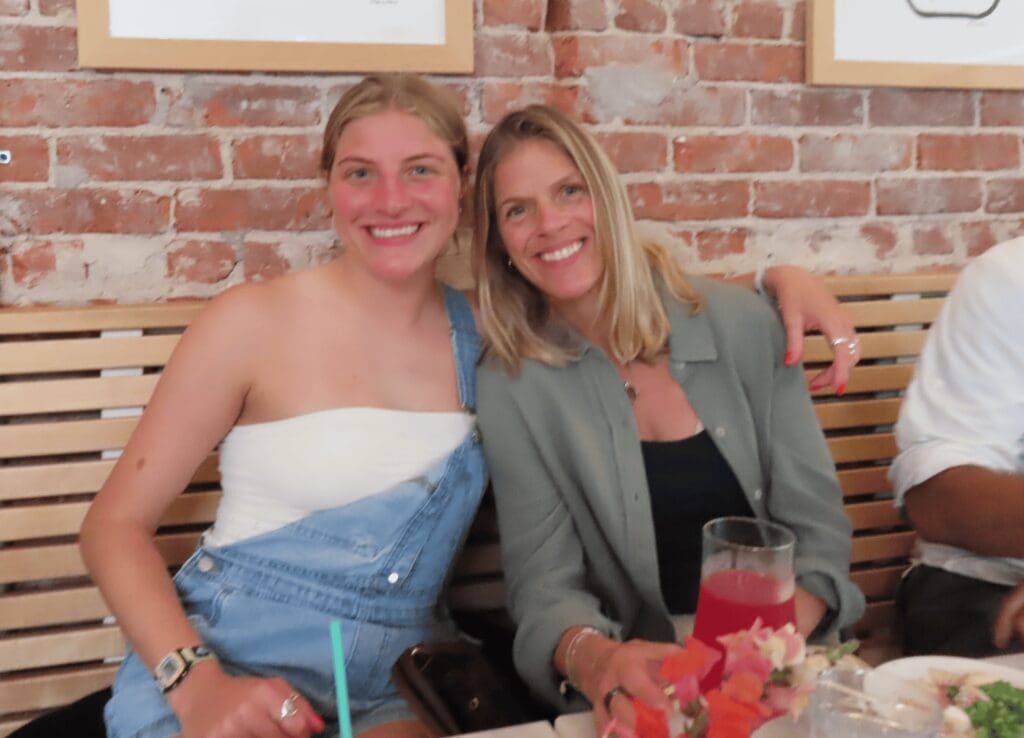Perhaps you can’t wait to retire. You plan meticulously and count down the days. Or perhaps you are so happy with your work and find such satisfaction in it, you approach your mid-60s with no intention of slowing down. But at some point, a serious consideration of retirement usually becomes inevitable. Retirement might be forced on you by mandatory age limits or because declining strength and mobility make it necessary. If you’ve enjoyed work, you might begin to ask yourself what has made it meaningful, and as you work less, how you can keep doing it in a different way. You might experience a renewed appreciation of the “goodness” you’ve found in helping people or making a contribution, and look for other ways to continue doing that.
Some jobs afford the flexibility to step back from professional lives while still remaining in them. Some people give up executive positions, for example, while returning to the roles that first brought them to the profession. Others reduce their hours to one or two days a week. The chance to remain among well-known, respected colleagues while continuing to contribute your skill and experience can be immensely rewarding. So, too, you might find yourself becoming the “wisdom figure” whom others come to for advice and counsel. Those who switch to part-time work often find it gives structure to their days while also affording the freedom to pursue relationships and other interests.
But many people with full-time jobs don’t have the luxury of cutting back. For them, you’re either all-in or all-out. You might have little control over your work environment, be unable to change or escape difficult situations, and feel very eager for retirement. Yet you face a startling change once you make the leap, one that requires some forethought. Having a general idea of what you want to do in retirement can get you started, but it’s best to leave many aspects unplanned so that you have the flexibility to make new choices along the way.
It can help to see retirement as a changing time of life, a process, not a goal. People often feel they need to fill every hour of every day, but that can put unnecessary pressure on them. Instead, give yourself a chance to figure it out, and permission to let it evolve. It is ok to feel at sea or lost immediately following retirement. Out of that uncertainty, new ideas and goals can form. In some cases it can be useful to seek out a trained therapist who can guide you along the way, assisting you in defining your interests and steering you clear of potential pitfalls.
No doubt, throughout life you’ve had to adapt to changing circumstances. You may have confronted illness, divorce, great loss. You might have suffered professional challenges and reversals. Retirement can be seen as another transition, a period in which to appreciate what you’ve had, feel grateful for it, and learn to let go when the time is right.
Often when one steps back from a professional role, whether partly or completely, the lessening of status and influence are keenly felt. Consider the example of a highly respected dentist with a long, successful career who was forced out of his practice at the age of 75 and never recovered his lost sense of purpose. Yet sometimes just as the old falls away, new opportunities open up: offers of professional or volunteer work that arise from previous experience, for example, or new causes and interests you’ve only recently discovered. Sometimes, just as you begin to lose status and influence, they may begin to seem less worth pursuing in any case; gradually, you may find deeper meaning in furthering your relationships, whether it’s with family and friends or in casual interactions. Often at this stage of life, daily tasks and ordinary work take on new significance.
Retirement can be a time to try new things. You might take courses, join a book club, attend music rehearsals and travel. It can be great fun to finally turn the items on your “bucket list” into actual experiences. Now might also be your chance to enhance your exercise routine, or to begin one if you haven’t already. Yoga, for example, can be especially beneficial for older people, a way to stay flexible and steady on your feet. But think hard before you give up an activity, since at this age you’re not likely to resume it.
It’s important to guard against the deterioration that can come from isolation by finding ways to remain engaged, even if that means choosing an assisted living facility, which offers many activities, instead of remaining in your own home or sharing space with your children, where you might be left alone most days. Moving someplace new may require more courage, and make you feel uncomfortable at first, but over the long term, it might offer greater well-being and independence.
Where to live is often a question couples don’t agree on. If one of you prefers the city and the other the country or one likes warm weather year around and the other enjoys a range of seasons, you might be able to split your time between both. It’s important to know where your spiritual home lies. Be sure you plant yourself in a place where you can do what you really want to do.
Friendships, especially long-standing ones, can add enormous richness to lives in retirement. But as the years go by, it’s inevitable that you will begin to lose friends to illness and death. New friends can be wonderful, but they can’t entirely replace the old since they don’t have that shared history of experience, memories, and of who you were years ago. It’s healthy to recall old friends if doing so makes you grateful for what you had and joyful to be reminded of those good times. Then, go on to find pleasure in new places; find value in new friends.
The two halves of a married couple often approach retirement with very different ideas in mind, yet it is possible to find a middle ground that works for you both. Having each other during the retirement years can allow you to have the kind of unstructured together time that you may not have been able to enjoy for years. Whether you create new cherished routines, such as evening walks together after dinner, or pursue separate interests that you talk about afterward, being able to share these experiences can enliven your days.
In retirement, you may be married or single, working part-time or fully retired, living in a familiar place or somewhere new. Whatever your situation, if you can summon courage as you move forward, and stay open to new possibilities, you may find that these later years are deeply satisfying.
At the Counseling Center in Westchester, we can provide you with any guidance and support you may need to navigate this life transition.


